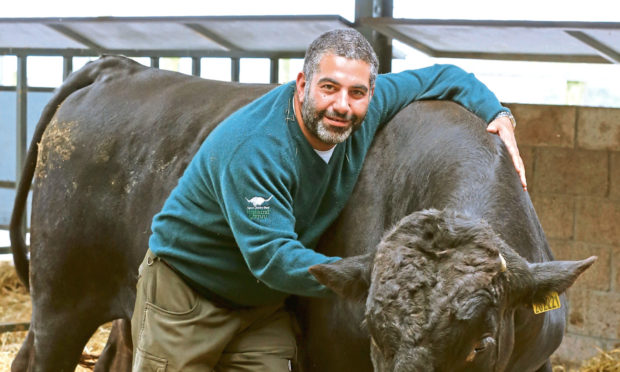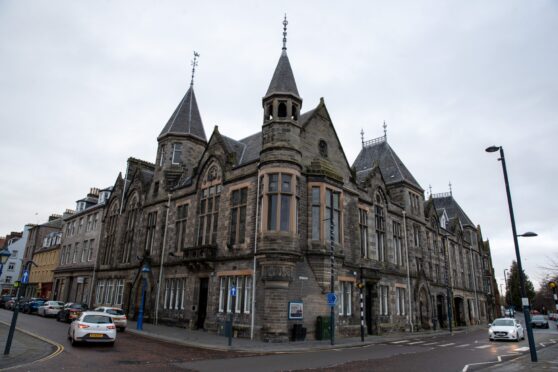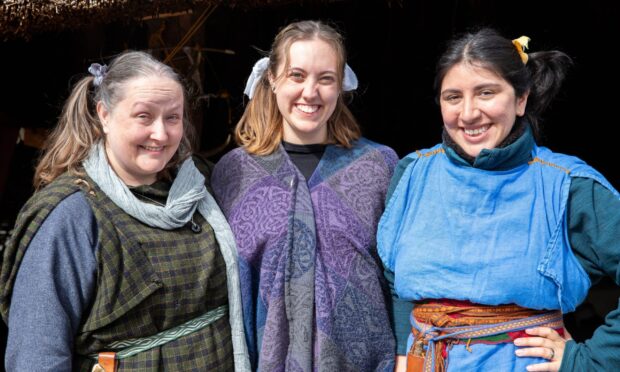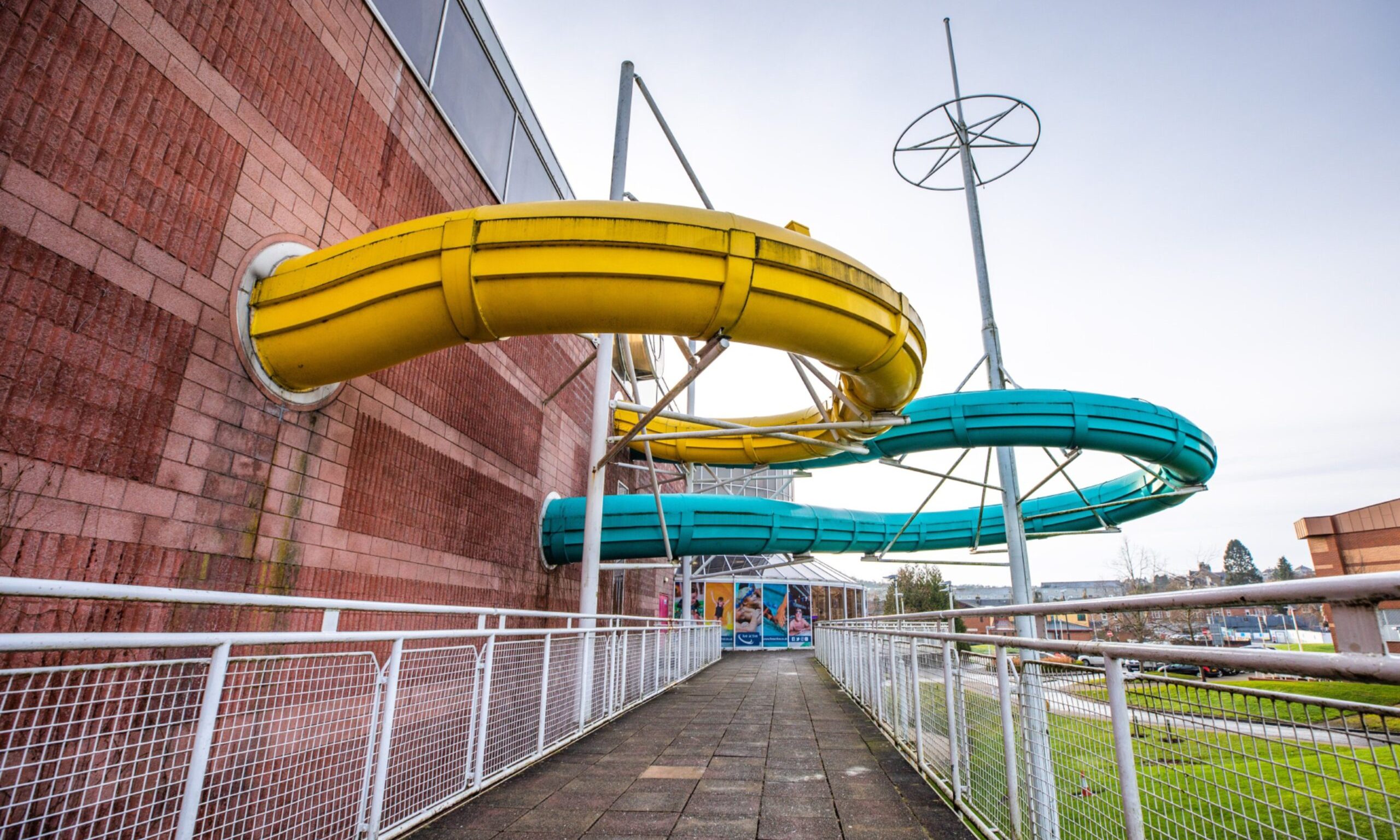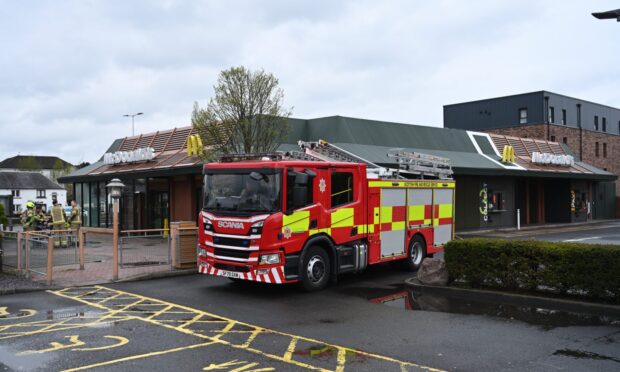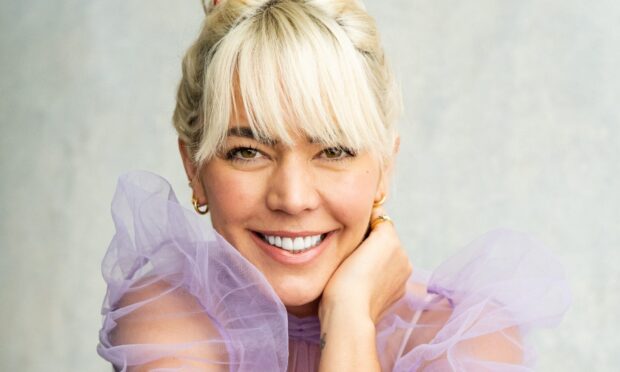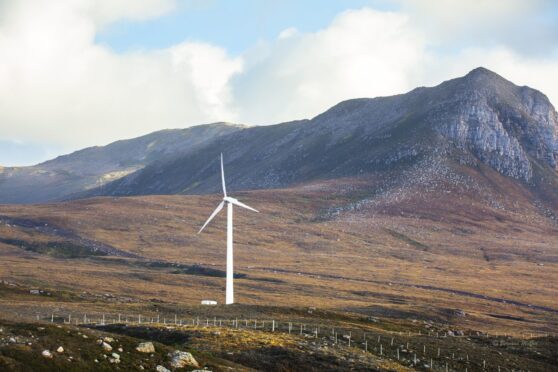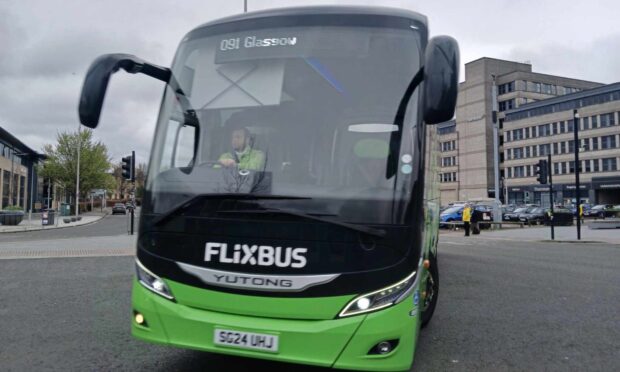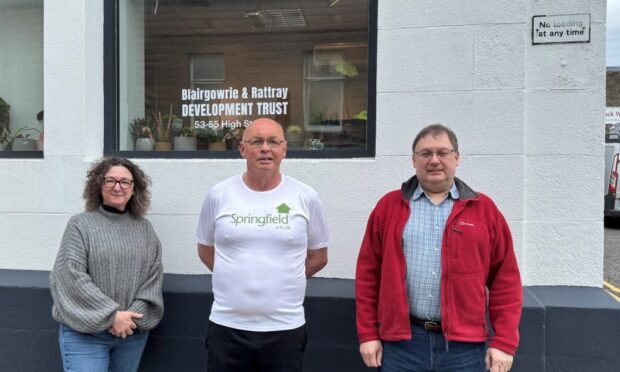The owner of Highland Spring has voiced his frustration at opposition to his family’s bottling plant in Perthshire and warned Brexit and the prospect of Scottish independence could block their plans to expand the business further.
The company is owned by 88-year-old businessman Mahdi Altajir, a former UAE ambassador to the UK and Scotland’s fifth-richest man with an estimated fortune of £1.6 billion.
His son, Mohsin Altajir, has talked frankly about the level of opposition to the Blackford plant, which employs around 500 people, revealing how much the family felt stung by objections to a £16 million factory extension and complaints about lorry movements through the village.
“You’re thinking ‘I’ve been feeding your family for the last 30 years, why would you object? It’s your livelihood, for God’s sake’,” he said.
Mr Altajir said the family had spoken about automating production at the factory, but had made a decision not to out of a sense of loyalty to the community.
“As a family, we choose not to do it because we feel this has given us luck, this place,” he said.
“It’s given us wealth and, at the end of it, we want to support the communities around us, but there’s only a certain amount that one can take.”
The tycoon, whose family owns 20,000 acres of land in Perthshire, also discusses the “ghost” golf resort GWest, near Gleneagles, owned by his brother.
He is one of the few people to have played on the pristine course, part of a massive development once tipped to include tourist attractions and hundreds of luxury homes.
The scheme was first announced in 2007 but only the golf course and an empty clubhouse – dubbed “the Mosque” by locals – have been created.
The rest of the plans were put on ice due to the financial crash and have remained there during Brexit and potentially Indyref2.
He said: “Brexit has come along, Scotland is screaming for independence, and you want the chance to invest, and the next phase of GWest is another £50m, £60m, maybe £100m.
“We’re not willing to put that sort of money in if we don’t know what the future is.
“If tomorrow Scotland got independence and they started to turn it into a tax haven like Monaco, we’d be the first there to put the money in.
“But the way we are today, where it looks like taxation is going to go up, the local council and local villages are going to control everything, then no, maybe it’s not the place I need to put my money.”
During an interview for BBC Radio 4’s documentary series The Patch, Mr Altajir’s wife, Martine, also talks about the family’s Wagyu beef business, explaining how a self-confessed golf widow who had never been on a farm before turned a hobby into a herd of more than 300 cattle.
She recalls sending her first beasts to slaughter and driving around London in a taxi with a suitcase full of meat in a bid to convince some of the capital’s top chefs to use it.
“The funny thing is when I landed at Heathrow, everyone else had got their cases and I was the last one there and I thought ‘maybe they think it’s body parts’,” she said.
“I think the chefs were a little taken back.”
Asked if she got any takers, she said: “Yeah, of course I did, I wasn’t leaving London till I got a sale!”
